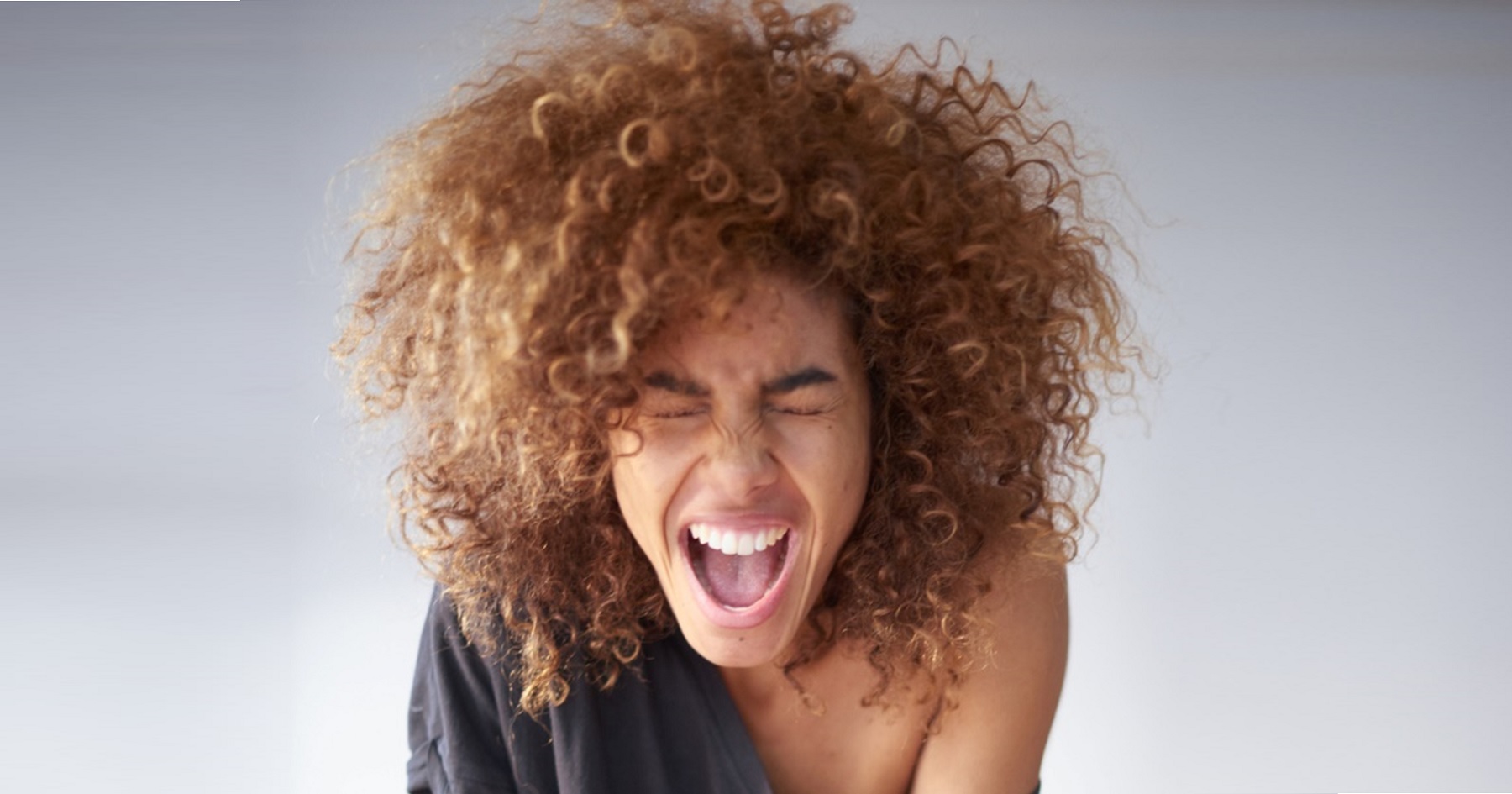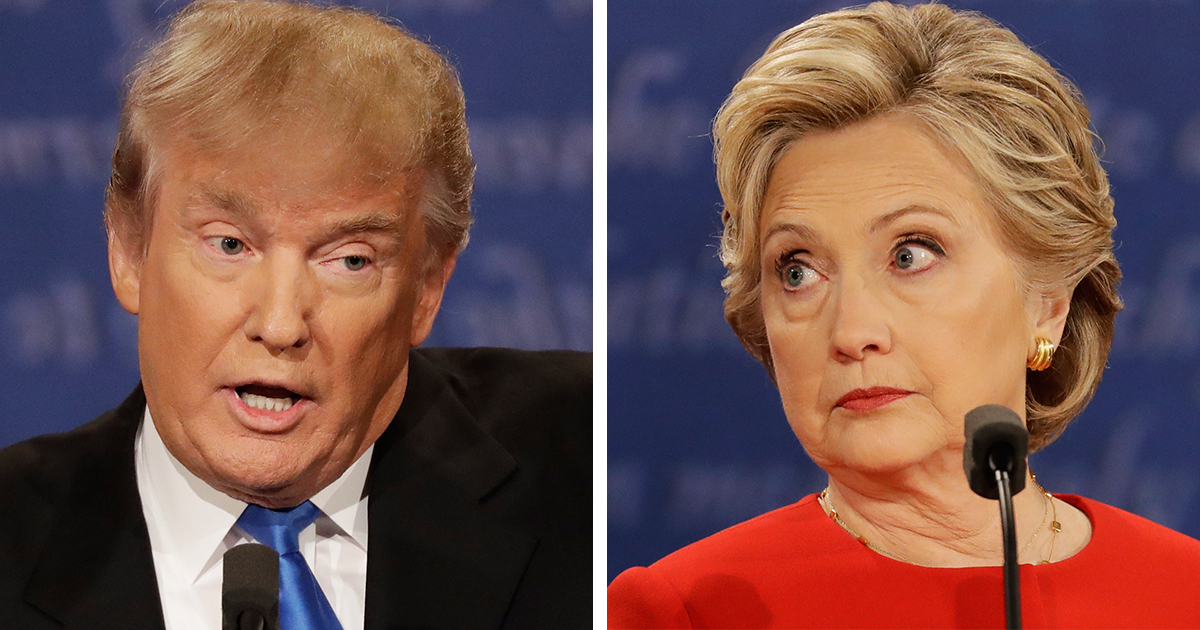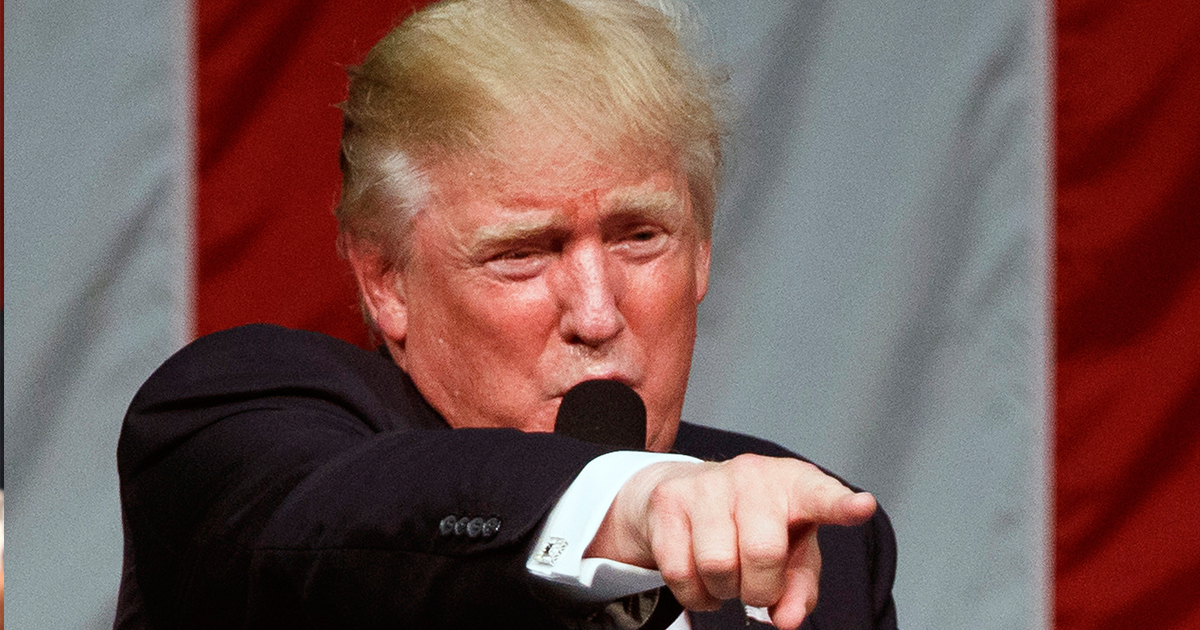These Therapists Just Exposed What the Election Is Doing to Our Brains

By:
Think the election is driving you crazy? You might not be too far off.
Therapists across the United States are observing unprecedented spikes in anxiety and stress levels as November's election grows near, Reuters reported.
 Stocksy/Guille Faingold - stocksy.com
Stocksy/Guille Faingold - stocksy.com
Reuters spoke with licensed therapy professionals from six states and the District of Columbia, who told the wire service that the trend prompted them to recommend patients practice yoga, adopt breathing exercises, and curb their political news intake.
"I've never seen this level of stress and anxiety over an impending election in my 26 years [of practicing psychology]," Illinois clinical psychologist Nancy Molitor told Reuters.
Senior patients with grandchildren were particularly concerned with the election's outcome, Molitor said. A World War II veteran was disturbed by perceived similarities between Italian dictator Benito Mussolini and Republican presidential candidate Donald Trump.
Manhattan psychologist Carol Wachs told Slate about a similar experience with a patient:
"The client had first sought treatment for anxiety following the terrorist attacks on Sept. 11. Now she was worried about a new menace: Donald Trump and his zealous supporters. The patient, Wachs says, comes from a family of Holocaust survivors, and 'It feels to her like all the stories she heard from her grandparents about how things feel normal and then, all of the sudden, oh, my God, here we are.'"
"If I have seven patients in a day, it comes up in six sessions, maybe five," Wachs told Slate. "Sometimes I'll have a session where people will say, 'Let's not talk about what's going on in the election, it's so upsetting.'"
 AP/Julio Cortez, AP/Patrick Semansky - apimages.com
AP/Julio Cortez, AP/Patrick Semansky - apimages.com
Female, Latino, and Muslim patients were especially worried about Trump.
That what Lynn Bufka, executive director for practice research and policy at the American Psychological Association, told Reuters.
The sexist attacks on Democratic presidential candidate Hillary Clinton starkly affected a female patient's sense of self-worth, Bufka said.
"What does this mean for her as a woman? Have things really changed that much for her in terms of what she can do?" Bufka said, recounting the patient's concerns, Reuters reported.
Many of Wachs' female clients were troubled by the way Clinton has been treated by the media and her critics.
"For a year, I've been hearing in very hushed tones all this sadness," Wachs told Slate. "Women who thought that women have more stature in the world hear how young men and older men are talking about this female candidate — the misogyny, the focus on her appearance, the focus on the cool factor."
Columbia University Medical Center professor of psychiatry and American Psychiatric Association program chair Philip Muskin compared his patients experiences to those of people he treated in the aftermath of the 9/11 terrorist attacks and the 1979 Skylab space station crash.
"[These were] things where, for everybody, the sense of control is gone," Muskin told Reuters.
Election anxiety is nothing new.
People tend to head to therapy in droves each election season, particularly in Washington, Robert Leahy, director of the American Institute for Cognitive Therapy, told the Atlantic.
CNN anchor Don Lemon even addressed the phenomenon in a 2008 segment, the Los Angeles Times reported.
But this presidential election has gotten particularly stressful.
This is perhaps due to its polarization, the high unfavorability ratings of both major candidates, and the immediacy of social media. And quite a few mental health professionals focus on the Trump factor.
 AP/Evan Vucci - apimages.com
AP/Evan Vucci - apimages.com
"He has stirred people up," psychologist Alison Howard told The Washington Post in March. "We've been told our whole lives not to say bad things about people, to not be bullies, to not ostracize people based on their skin color. We have these social mores, and he breaks all of them, and he's successful. And people are wondering how he gets away with it."
"Part of the reason he makes people so anxious is that he has no anxiety himself. It's frightening," Manhattan psychologist Judith Schweiger told the Post. "I'm starting to feel anxious just talking about him."
Clinical psychologist Michael Mance offered a more Freudian interpretation of our election woes and worries.
"There's overall a preoccupation with parental failure," Mance told Slate, describing his clients. "One might hypothesize that Trump represents a particular kind of very difficult father — an untrustworthy, persecutory, and frightening father — and Hillary represents a kind of toxic, unloving, and secretive mother."
"[People have the sense that] somebody's going to fail us," Mance added. "I think that presents people with a lot of discomfort, which is hard to manage."
You can read the full report on Reuters.
